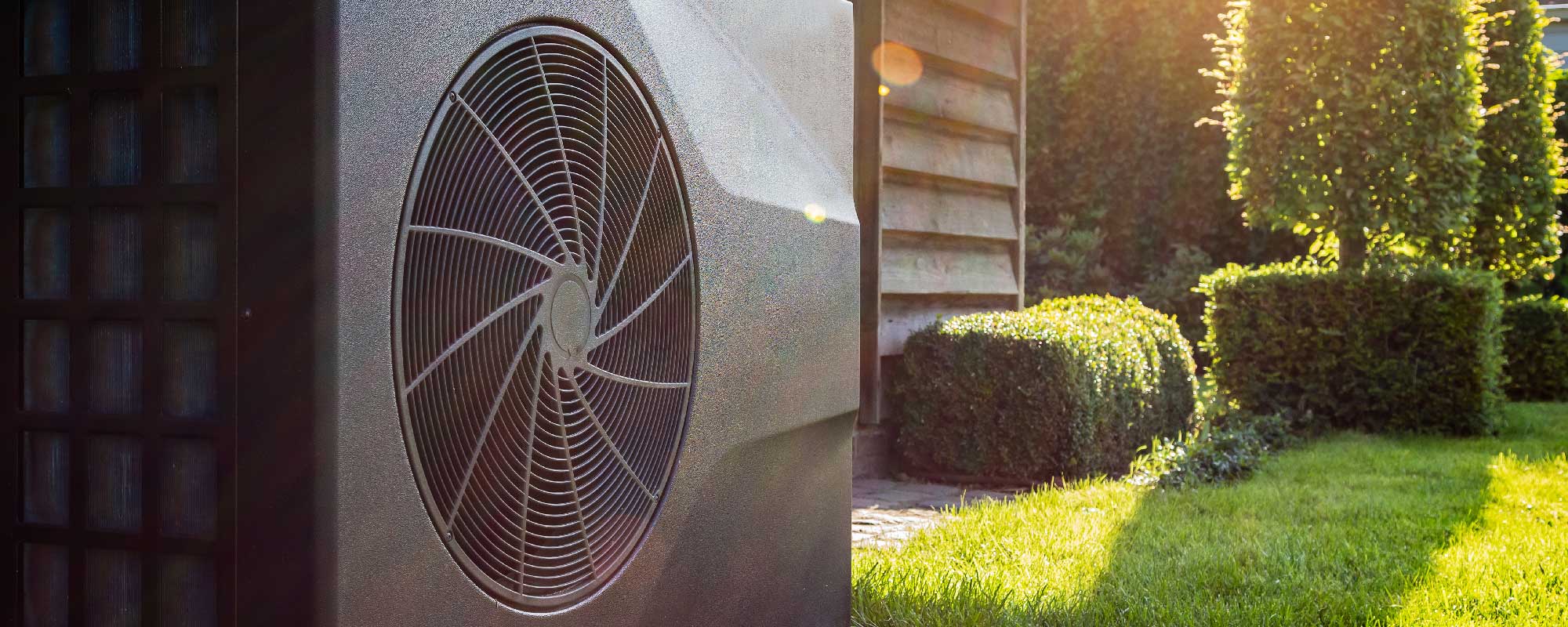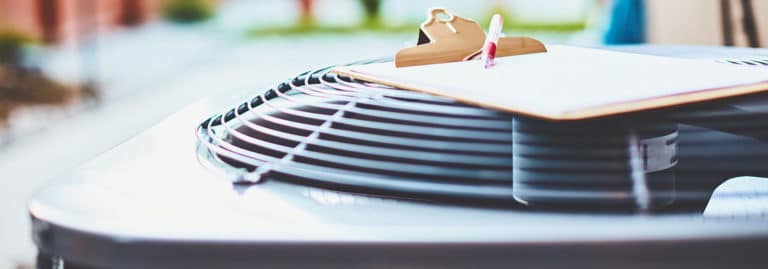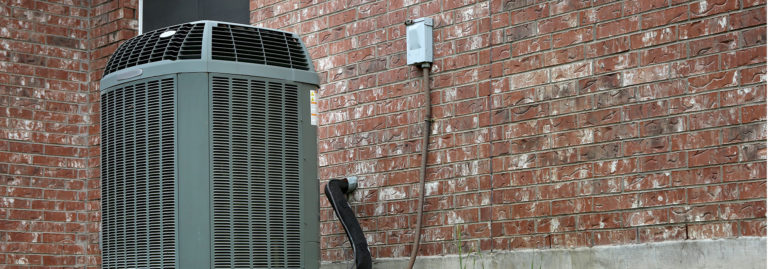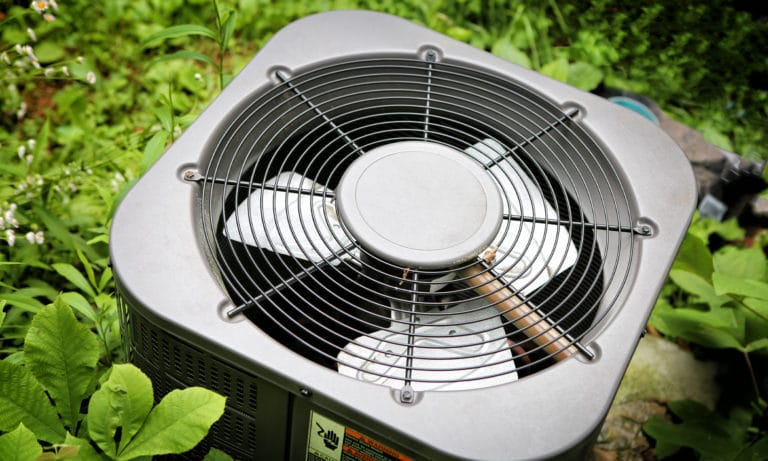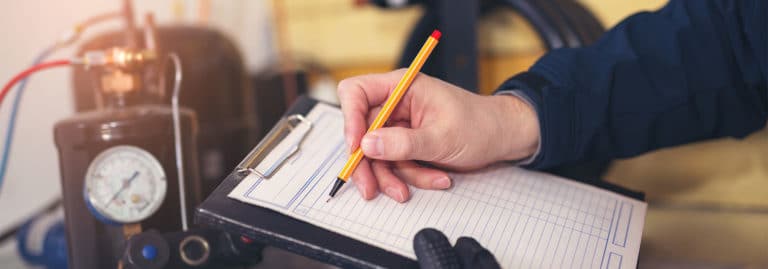How Does a Heat Pump Work?
Heat pumps are a popular option for Sarasota homeowners who want the best of both worlds – reliable cooling in the summer and effective yet affordable heating during the winter months. While heat pumps are widely known for their capabilities, most homeowners know little about how they actually work. Here’s your chance to find out how your heat pump works and what to look out for if you plan on buying one soon.
What is a Heat Pump?
Before diving into what makes a heat pump tick, let’s recap on what heat pumps actually are. Take one look at a typical heat pump and you’ll see it looks just like your average split air conditioning system. In most cases, you’ll have an indoor portion that houses the blower fan, evaporator and air filter. There’s also an outdoor cabinet that houses the compressor, condenser and condenser fan. The similarities don’t end there, as we’ll see below, but the end result is quite different.
Heat Pump Operation Explained
We’ve explained how air conditioners work before, but here’s a summed-up version: AC units work to pull heat out of your living spaces and move that heat outdoors. In the case of a heat pump, however, the opposite is true. Instead, a heat pump pulls heat from outdoors and moves that heat inside your home.
Heat pumps manage to pull off this heat using the same process for keeping your home cool during the summer months. The only difference is that this process works in reverse as soon as you dial up the heat. Here, the condenser and evaporator swap functions with the former acting as the evaporator, pulling in heat energy collected from the surrounding outdoor air.
Different types of heat pumps move heat in different ways. Air source heat pumps – the most common type of heat pump – pull heat from the surrounding outdoor air. Ground source or geothermal heat pumps harvest their heat from the ground, usually with the help of water- or refrigerant-filled pipes buried several feet underground.
Where Heat Pumps Work Best
Heat pumps excel at delivering heated comfort while using significantly less energy than your typical gas- or electric-powered solutions. These units work best in mild climates that rarely see outdoor temperatures below freezing. That’s because heat pumps tend to lose their efficiency as they struggle to scavenge heat on exceptionally cold days.
Fortunately, Florida’s mild climate means that you won’t have to worry about your heat pump’s performance during the winter months. And if you need backup heat, you can always pair your heat pump with a supplemental electric heater, although that means a little extra money spent on your annual heating bills if you use it often.
Ready to maximize your home’s heating and cooling efficiency with a heat pump? Contact us today to explore your options and schedule installation!


